Supply Chain Management
- Related ESG :
- E S
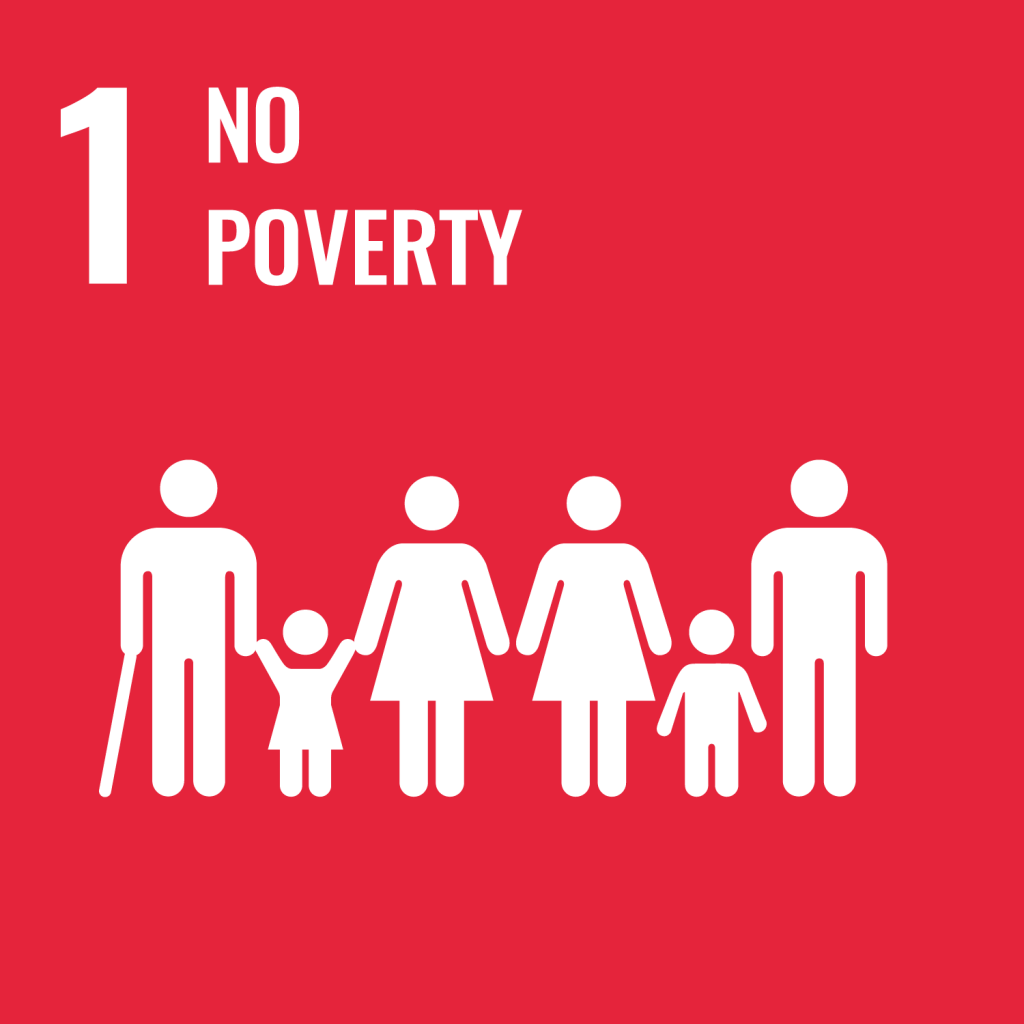
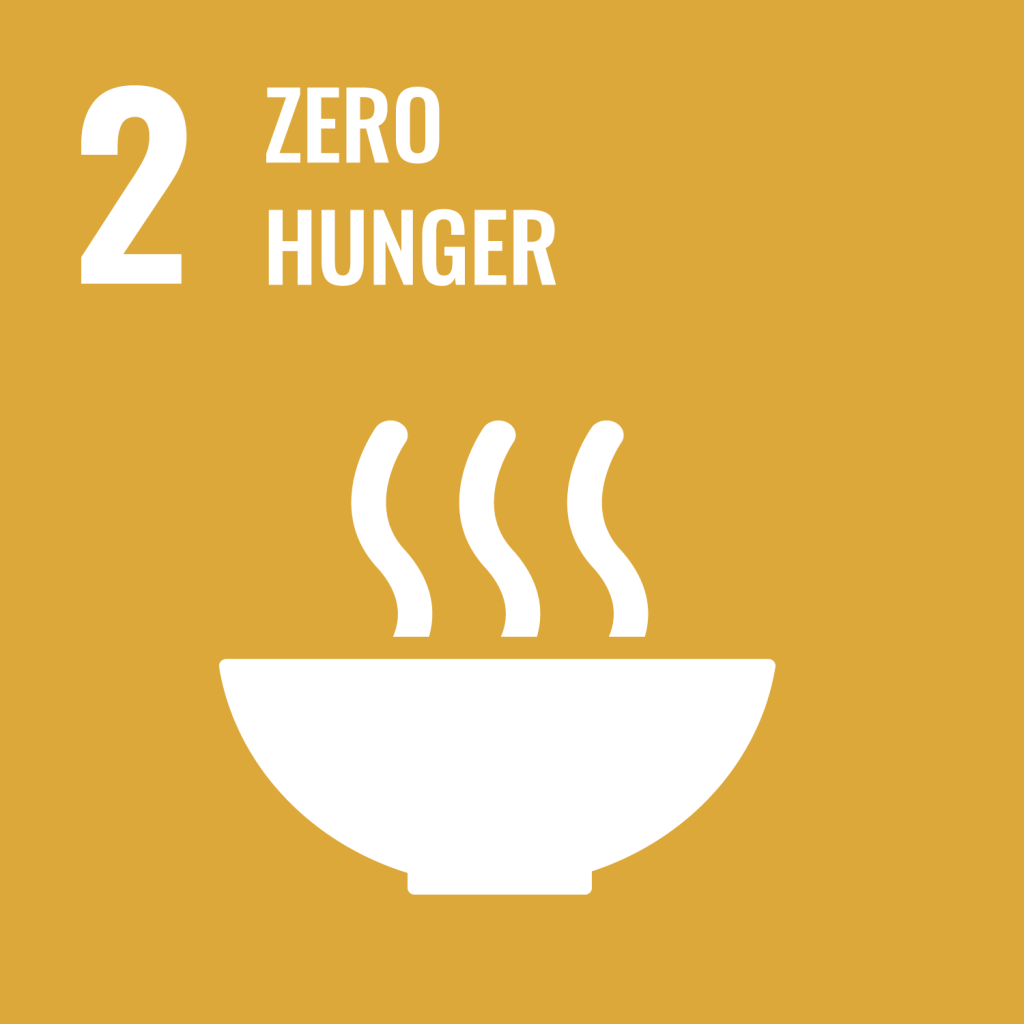
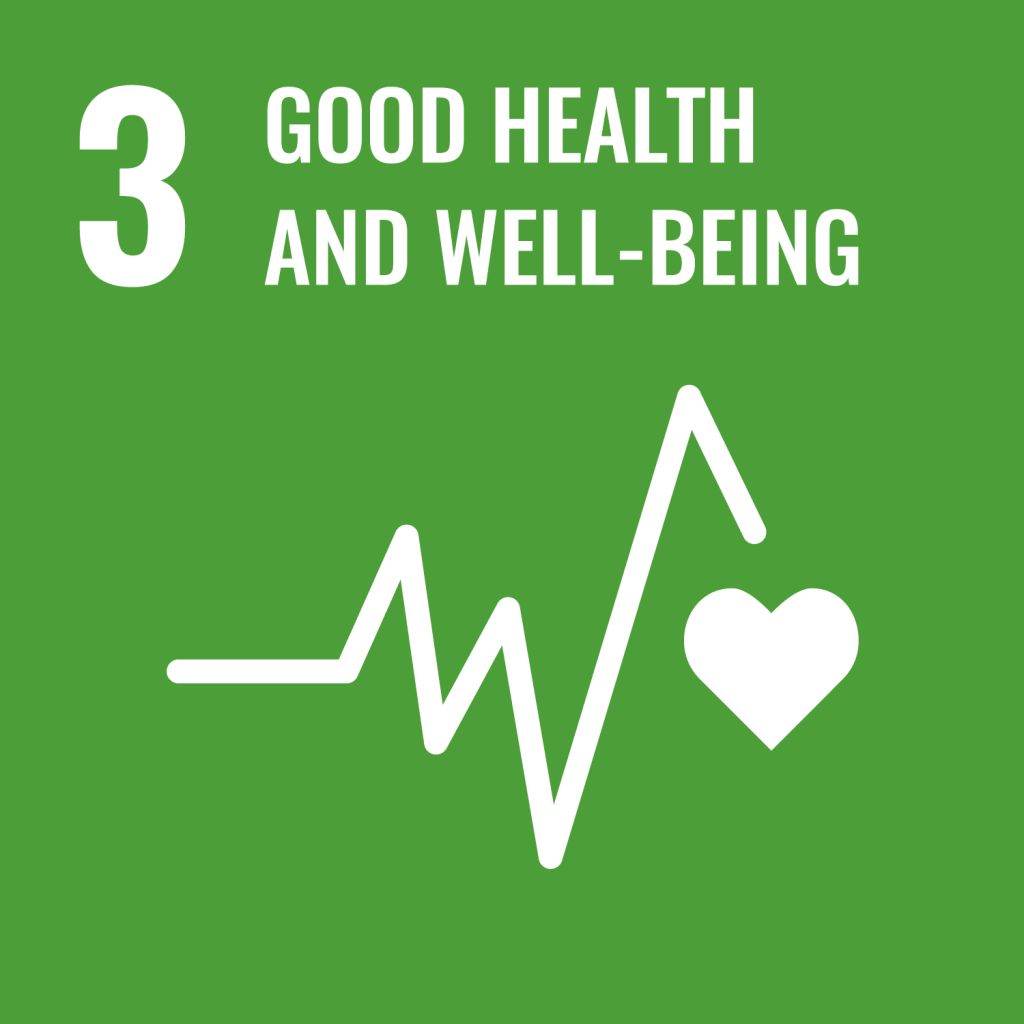
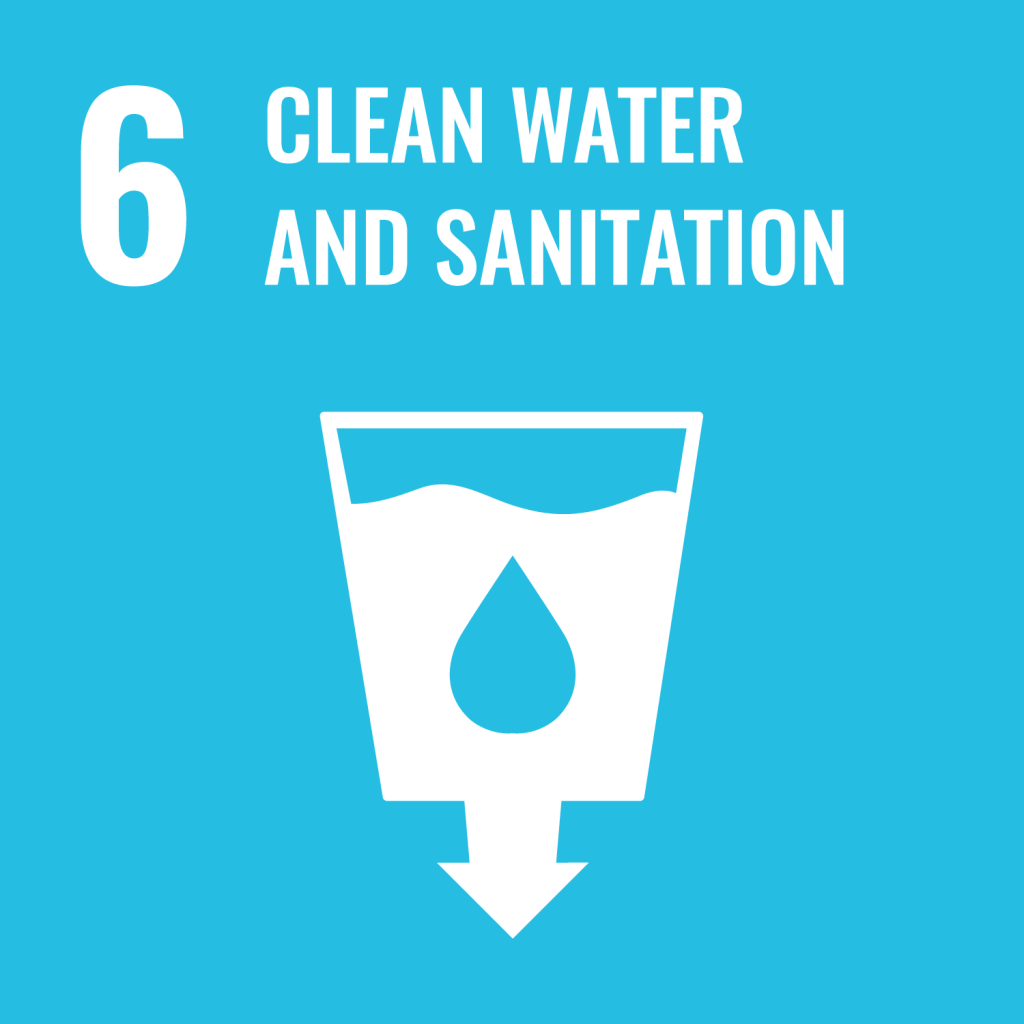
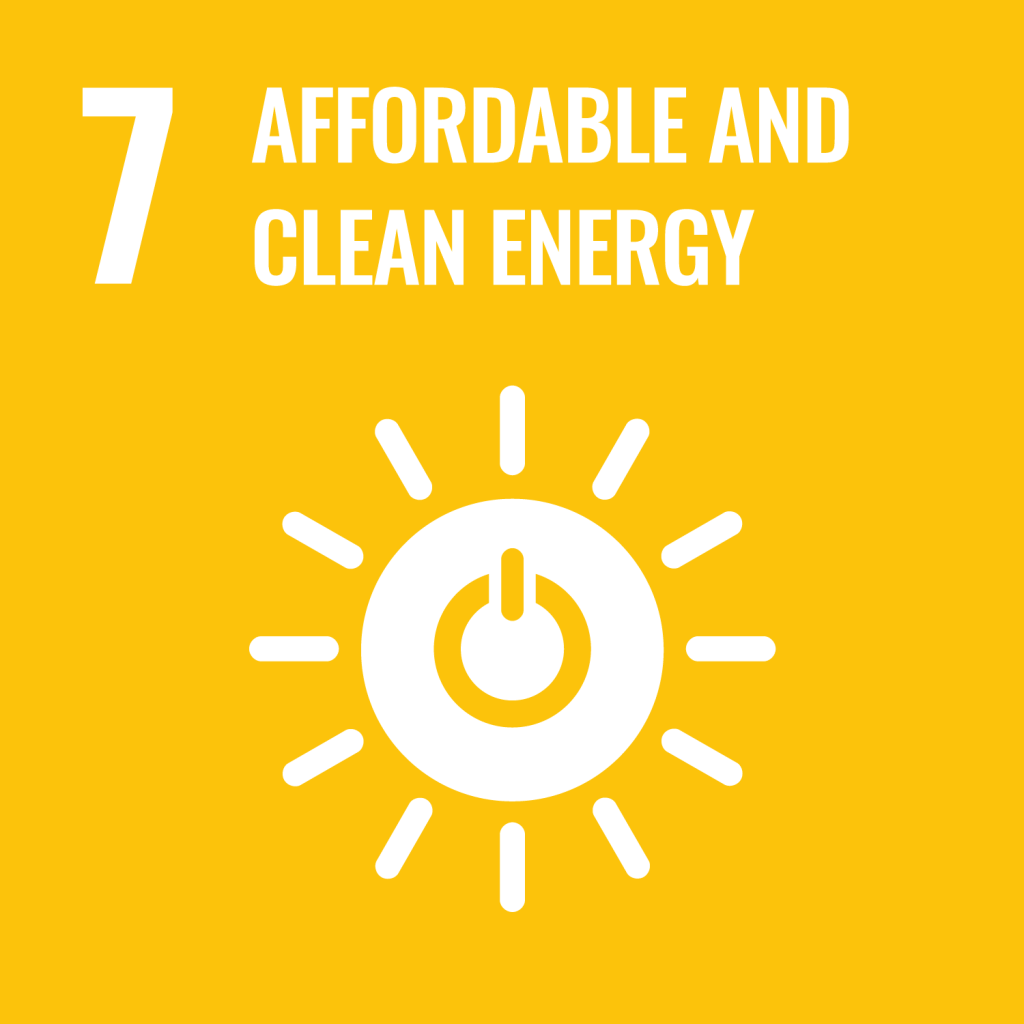
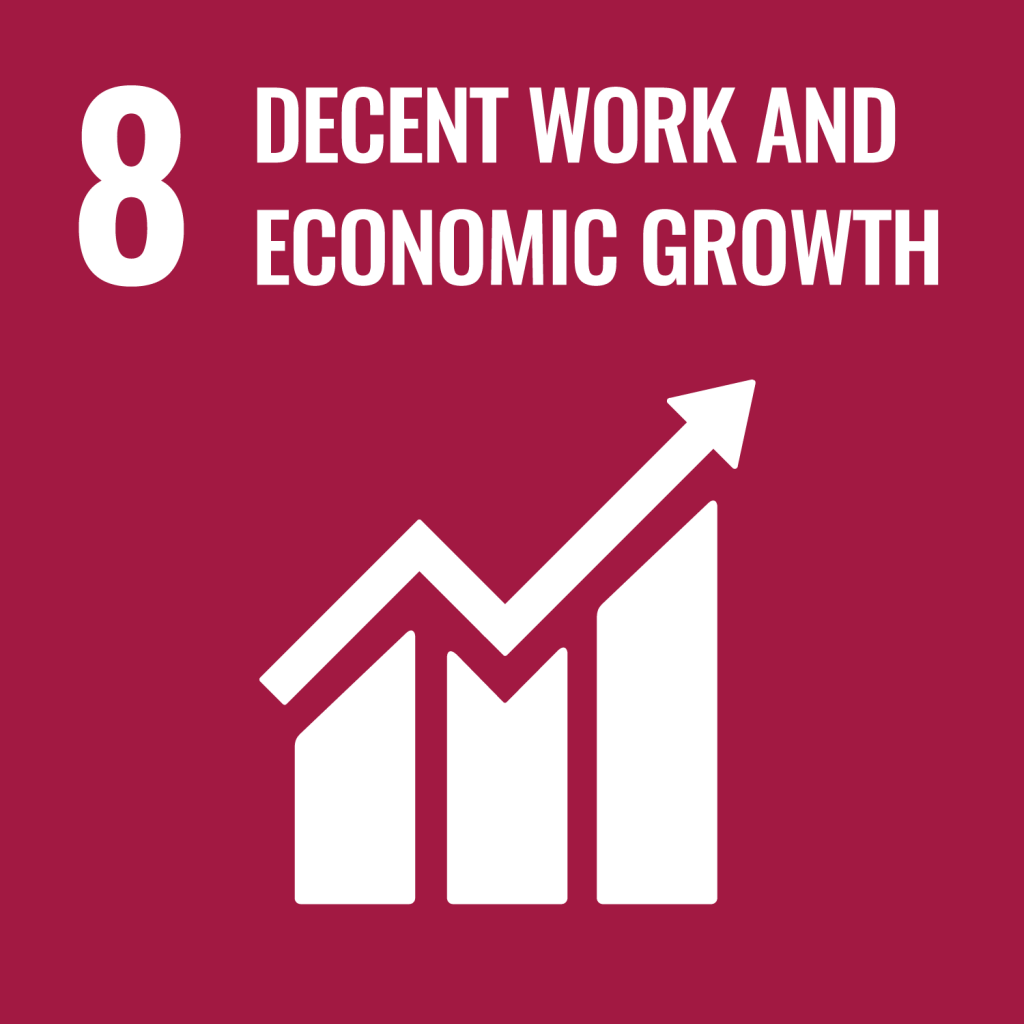
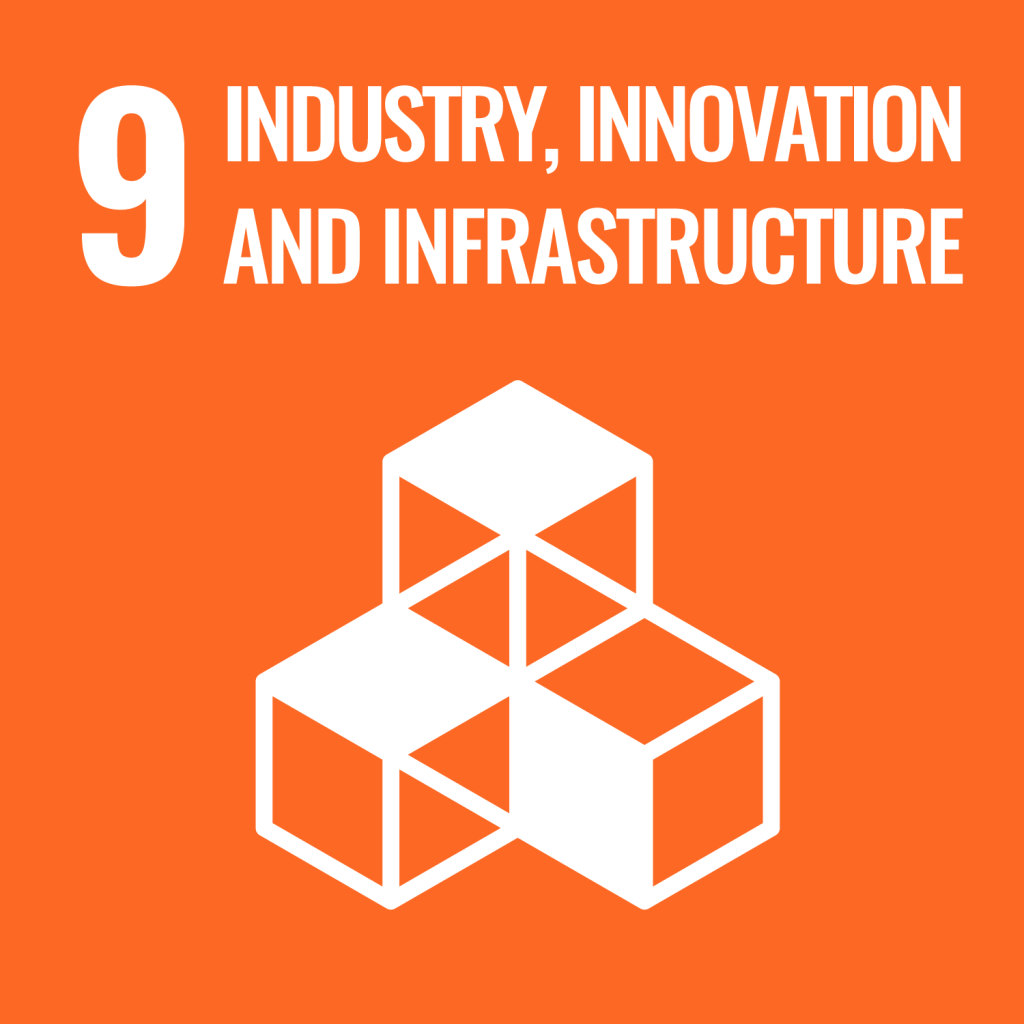
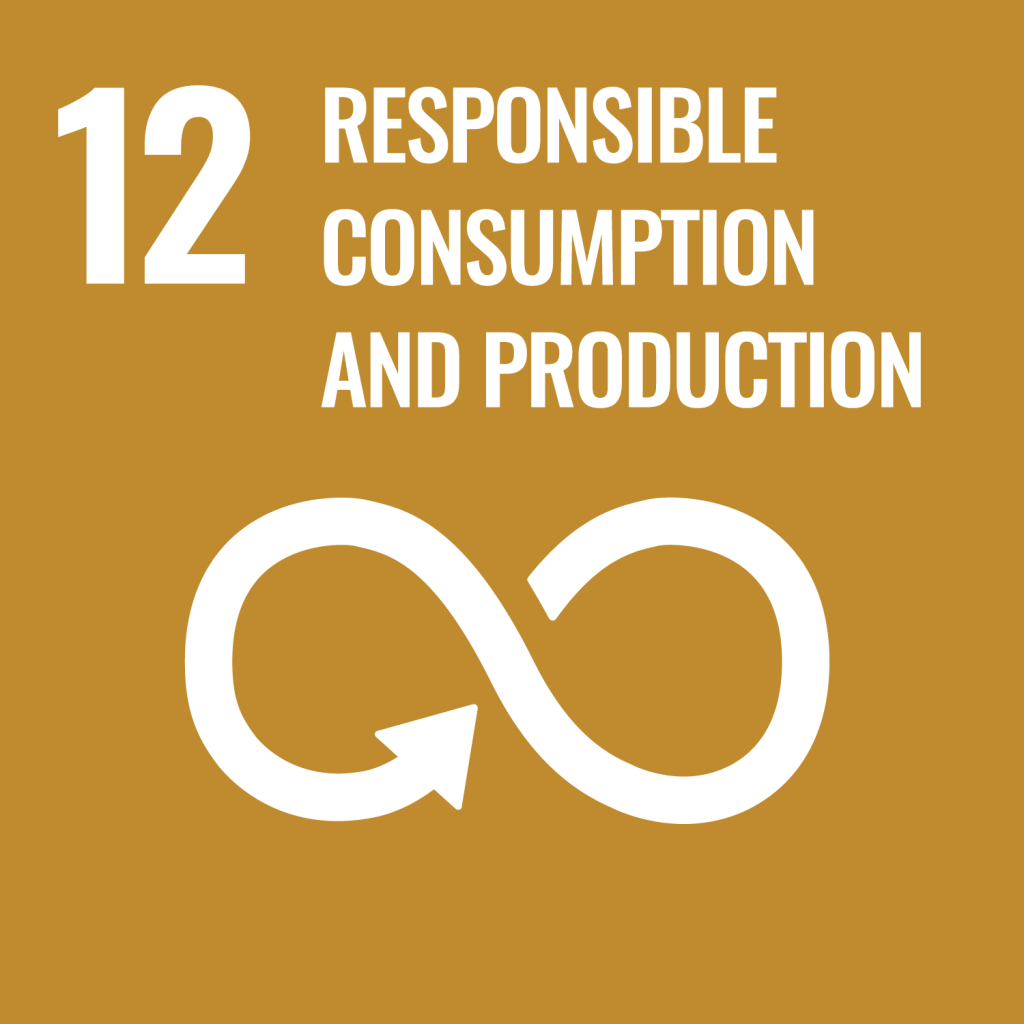
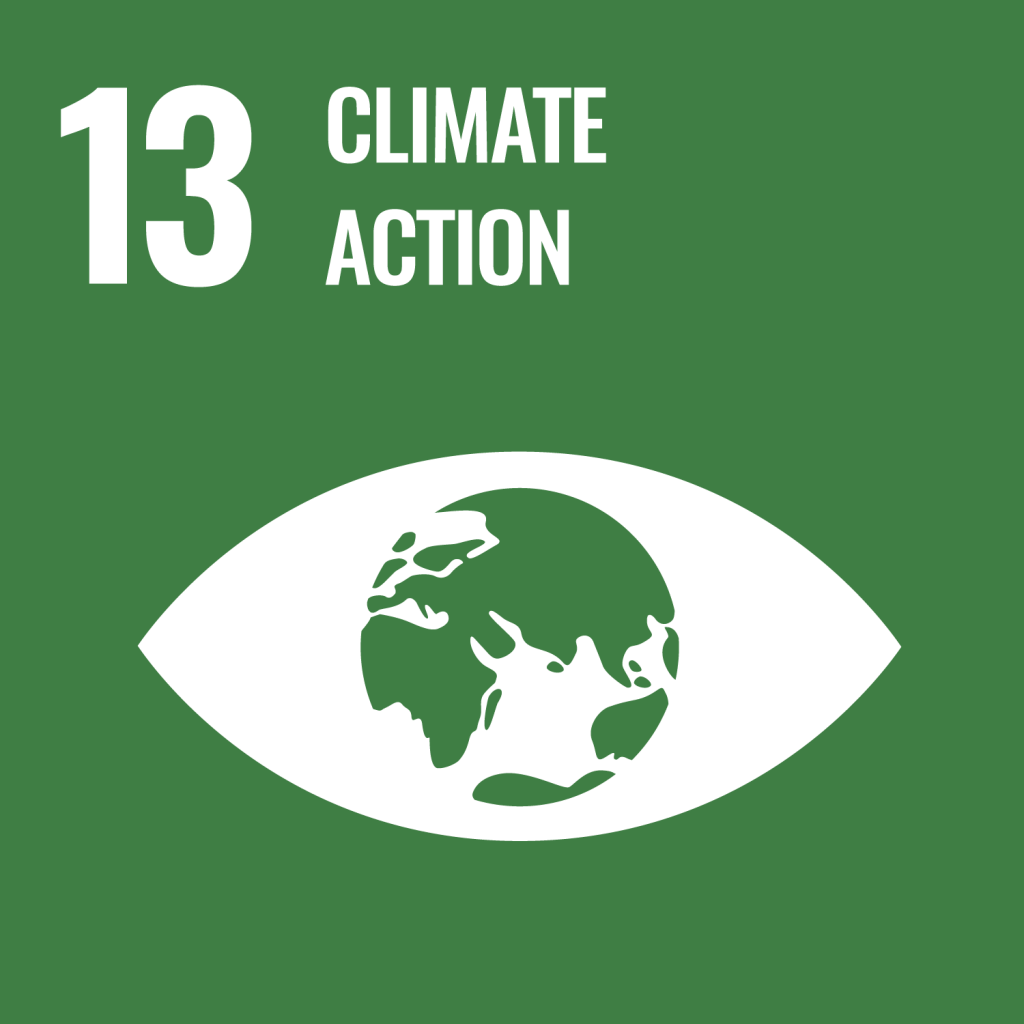
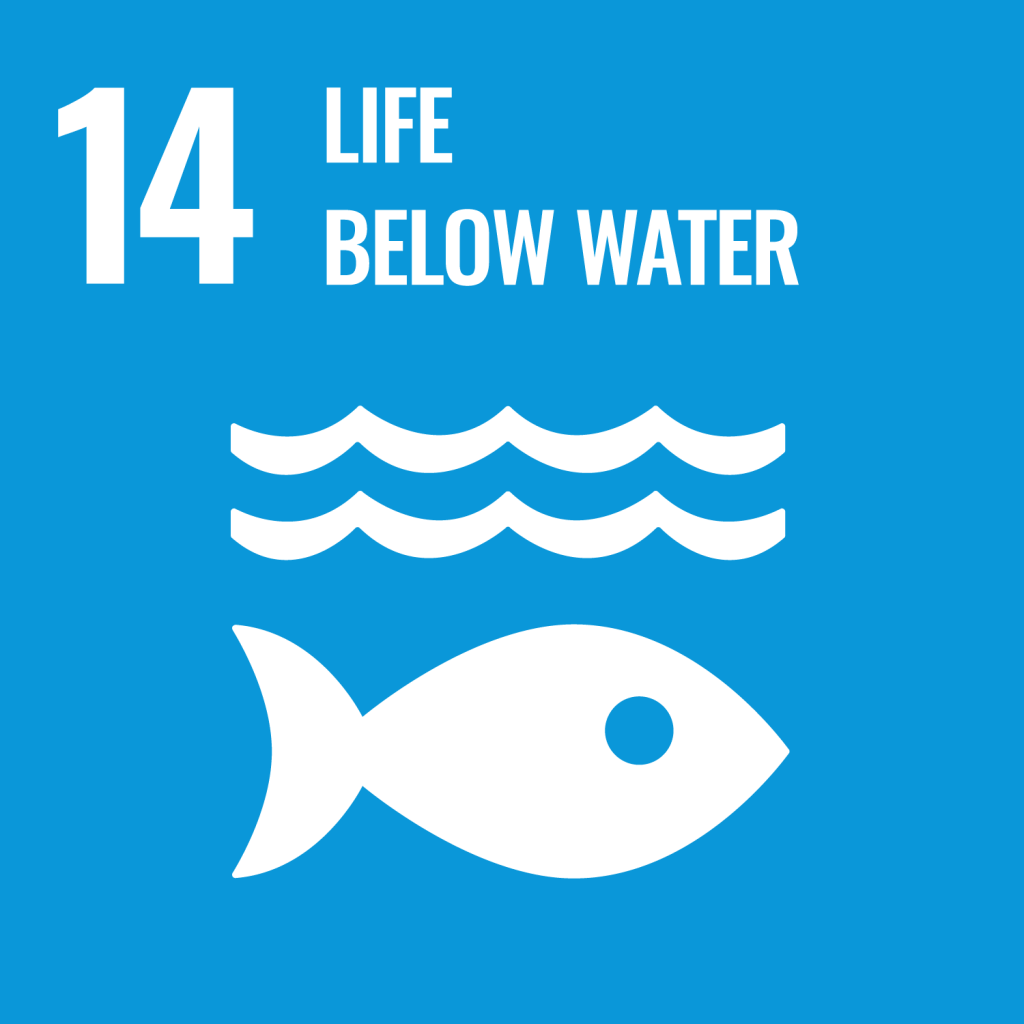
Management approach
Policy and approach
In the recent context of rapid globalization and the expansion of social issues to be solved, there is an even stronger demand for CSR activities and risk management, as "contribution to the building and development of a sustainable society" is a corporate social responsibility.
In this environment, it is imperative for us to promote procurement activities that place greater emphasis than ever before on CSR factors such as the natural environment and labor environment, and human rights, in addition to the conventional quality, performance, price, and delivery conditions, when procuring products, materials, raw materials, and other items.
Toyobo group is contributing to achieve the SDGs, which support the development of a sustainable society, throughout our entire supply chain by establishing an appropriate trading policy and conducting procurement and logistics responsibly.
Based on the principle of “2. Fair business practices” in the TOYOBO Group Charter of Corporate Behavior, we practice fair competition and dealings, responsible procurements & logistics and, maintain sound relationships with society and stakeholders, including customers and business partners.
We have formulated CSR Procurement Guidelines that deal with matters such as legal compliance, fair trade, consideration for the environment, and respect for human rights (including the prohibition of child labor or forced labor and discrimination based on gender identity including LGBTQ+), and Green Procurement Guidelines that are considerate of the environment. In September 2022, we revised the CSR Procurement Guidelines based on various recent global issues.
< Basic Policy on Transactions in Procurement and Logistics >
- Compliance
We comply with the laws and regulations of the countries and regions in which we operate, respect corporate ethics and social norms, and behave conscientiously.
- Securing fairness, equality and transparency
We open the door wide to all companies and make fair and impartial judgments to ensure that business transactions are conducted in a highly transparent manner.
- Partnership
We make efforts to build sustainable partnerships with our business associates so that we can all grow by deepening mutual understanding through active dialogue.
- Promotion of CSR-based procurement
We promote business practices that meet our standard of corporate social responsibility, such as respect for human rights, environmental protection, product safety, quality assurance, and industrial safety and health.
- Promote CSR and actively work toward social contribution
- Maintain and strengthen legal and other compliance, fair business transactions, and corporate ethics
- Maintain and strengthen environmental activities
- Assure quality and safety in our supply of products
- Respect human rights
- Disclose information to stakeholders and engage in dialogue in a timely and appropriate manner, and maintain and strengthen information security measures
CSR procurement
We have formulated our CSR Procurement Guidelines and Green Procurement Guidelines with the aim of fulfilling our social responsibilities, such as ensuring legal compliance, product quality and safety and respect for human rights, and enhancing value throughout our entire supply chain through initiatives such as contributing to regional communities and environmental conservation.For new suppliers, we request to submit a Consent Confirmation Form stating that they agree to the Guidelines. In addition to sharing these guidelines through our website, we carry out CSR procurement surveys for business partners requesting their understanding and cooperation in actively advancing initiatives.
Targets and KPIs
< Targets >
・Throughout its supply chain, Toyobo group aims to realize procurement and logistics that involve fair and sincere transactions, respect human rights, are environmentally friendly, and consider impact on both society and the environment.
・We will reduce CO2 emissions by promoting green logistics, such as implementing a modal shift to rail and sea transportation and improving loading efficiency.
< KPIs and results >
| Initiatives | KPIs | Targets | Results (FY2024) |
|---|---|---|---|
|
|
|
|
|
|
|
- CO2 emissions per unit of transportation (in g-CO2/t-km) represents the number of grams (g) of CO2 emitted per tonne of goods transported over one kilometer.
Initiatives
Fairness and transparency in trade
We take a rigorous approach to ensuring fairness and transparency, based on sound trading. We do not give or accept gifts or entertainment in order to secure unjust profit or preferential treatment from our business partners, and we have established a prior consent system to strengthen our checking system to ensure that actions that go beyond what is deemed socially acceptable do not occur.
Toyobo group CSR procurement seminar
In October 2023, we conducted a briefing on the Toyobo group CSR procurement through video distribution to our major suppliers (approximately 500 companies) around the world. As part of the training program, we held a seminar to deepen suppliers' understanding of the Toyobo group's sustainability initiatives in terms of carbon neutrality, respect for human rights, DE&I (diversity) , CSR procurement policy, etc., in promoting social responsibility activities with our suppliers. In addition to requesting compliance with the Toyobo group CSR Procurement Guidelines, we expressed our commitment to cooperate with suppliers and contribute to the development of a sustainable society throughout supply chain.
CSR procurement survey
Implementation of the CSR procurement survey and risk assessments
Our company communicates our CSR Procurement Guidelines to major business partners worldwide and conducts risk assessments concerning information security and social issues that include the environment, safety, human rights, labor, and compliance (including the prevention of graft, bribery, fraud, money laundering, and other corruption). These risk assessments involve questionnaire surveys distributed to our major business partners worldwide, aligning with our CSR Procurement Guidelines. Based on the self-assessments received from these questionnaires, we initiate improvement activities aimed at mitigating societal and environmental impacts and reducing risks. Collaborating closely with both suppliers and buyers, we work to advance CSR procurement practices that promote the sustainability of society.
We conduct annual surveys and follow-up dialogues with our business partners, completing a supplier engagement cycle every two years. The most recent survey was conducted in fiscal 2024. In fiscal 2025, we will request initiatives for improvement individually based on the survey results.
Engagement with new and existing business partners
We regularly ask existing business partners to cooperate with our questionnaires and then perform risk assessments. In addition, for new business partners, we conduct a risk assessment through a preliminary CSR survey prior to the start of transactions as part of the due diligence process to determine whether or not a transaction is feasible.
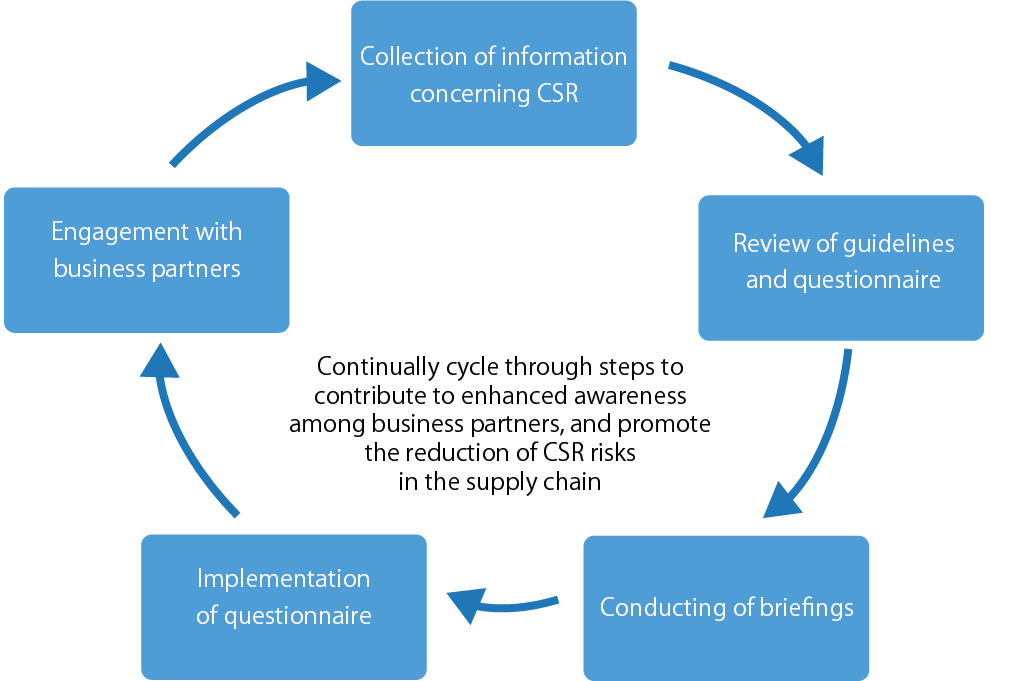
Results obtained in CSR procurement surveys in FY2024
Through these surveys, we evaluate suppliers’ risk related to social issues. We collaborate with suppliers to address identified issues from the risk assessment and aim to elevate CSR across the entire supply chain. When onboarding new suppliers, we request their participation in surveys, and we engage existing suppliers in ongoing survey collaboration. If CSR procurement surveys reveal issues, we implement corrective measures.
1. Survey overview
● Aggregation scope and no. of suppliers covered: 476 suppliers representing 90% of overall transaction volume
● Breakdown of Suppliers
| Raw materials suppliers | Equipment and machinery suppliers | Logistics providers | Outsourced manufactures, etc. |
|---|---|---|---|
| 69% | 23% | 4% | 4% |
● Survey content
The survey was drawn up based on the CSR Procurement Self-Assessment Questionnaire issued by Global Compact Network Japan.
● Survey items
Corporate governance, human rights, labor practices, environment, fair business practices, quality and safety, information security, supply chain, and coexistence with local communities
2. Aggregated results
The response rate was 94%.
| Risk assessment rank | Points band | No. of companies | Share of total | Content and response |
|---|---|---|---|---|
| A | 90 points or higher | 195 | 44% | CSR measures implemented are excellent → Feedback on survey results |
| B | 61-89 points | 176 | 39% | CSR measures implemented are adequate → Feedback on survey results |
| C | Total 60 or under with no significant risk items | 66 | 15% | Progress is being made in CSR initiatives and significant risks are low → Feedback on survey results |
| D | Total 60 or under with low scores for significant risk items | 11 | 2% | For items with risks, particularly regarding human rights, we will request initiatives for improvement individually. |
| - | Total | 448 | - | - |
Number of companies requested 476
Response rate 94%
Evaluation results of CSR procurement survey
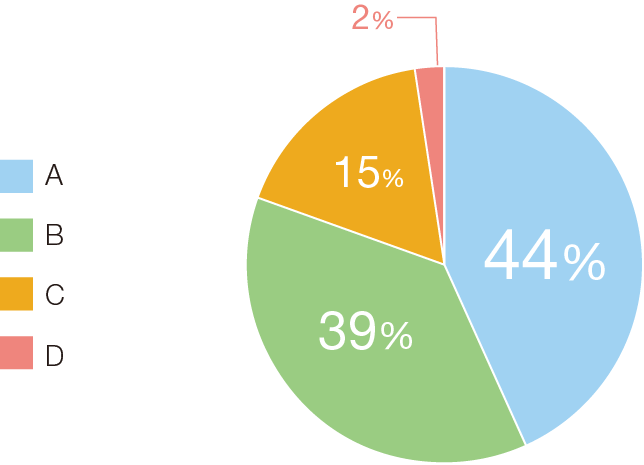
Evaluation scores of CSR procurement survey
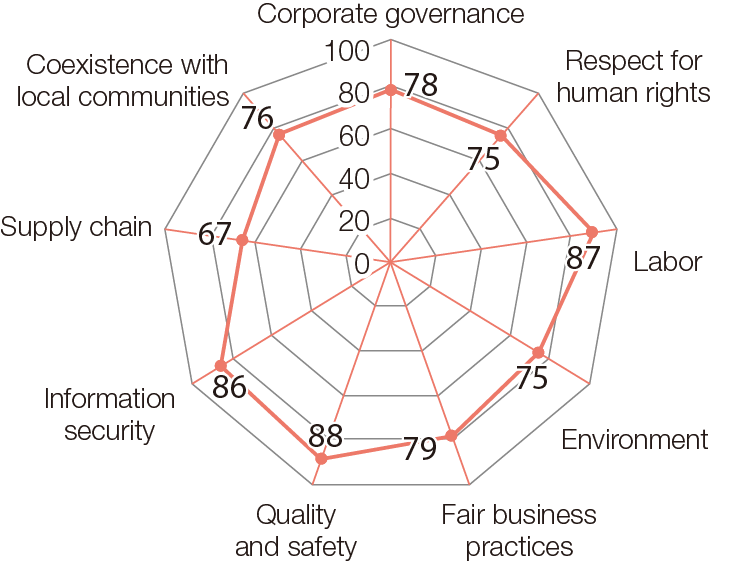
3. Evaluation results
The average score of the survey was 79%. After respondents completed the survey, we provided feedback in the form of an “evaluation score” and a “radar chart” to help them assess strengths and weaknesses. Regarding “weaknesses,” we request continued efforts for improvement.
After analyzing and evaluating the survey responses, we asked suppliers identified as high risk (rank D) to take steps for improvement, and received their consent to understand our CSR Procurement Guidelines and human rights initiatives. In addition, we engaged in direct dialogues with suppliers identified as high risk according to the results of the previous survey conducted in fiscal 2022. Although there were no compliance violations or other serious problems, we introduced our case studies on items where there were issues and requested them to take CSR initiatives. As a result, we were able to confirm that CSR initiatives are in progress with regard to the relevant suppliers in this survey.
Green procurement
In order to contribute to the creation of a sustainable society, we carry out procurement from suppliers who actively work to conserve the environment and procure materials that have low environmental impact on a priority basis. Additionally, we have formulated Green Procurement Guidelines with the aim of promoting environmentally friendly procurement. We ask our business partners to understand our green procurement approach and provide the following information regarding chemical content.
(1) That the material does not contain any of the prohibited substances specified by Toyobo.
(2) That the content of hazardous substances specified by Toyobo has been identified.
In fiscal 2022, we revised our “Chemical Content Information Sheet” based on the information sharing scheme “chemSHERPA®”, developed by Japan's Ministry of Economy, and the 'Information Sheet on Chemical Substance Content' has been revised in accordance with amendments to laws and regulations, and the survey has been carried out among suppliers. For general purchased goods, we are promoting green purchasing with the use of environmental labels.
- "chemSHERPA®" is a registered trademark of the Japan Environmental Management Association for Industry (JEMAI).
Educational activities for sustainable procurement
We conduct training once a year for all personnel in charge of procurement and logistics (100%) to ensure that they are thoroughly familiar with our CSR Procurement Guidelines.
We incorporate goals related to “contribution to sustainable procurement (stable procurement)” into the personnel performance evaluations of procurement and logistics staff, and manage their progress as part of their guidance and training. We also solicit improvement proposals related to sustainable procurement activities and award outstanding suggestions.
Addressing conflict minerals
In our CSR Procurement Guidelines, our group calls for the promotion of responsible procurement with respect to regulations on conflict minerals.
Using Specified Chemical Substances Data Sheets, we investigate whether conflict minerals (tin, tantalum, tungsten, and gold) are used in our raw materials.
In FY2023, we conducted investigations into the presence of conflict minerals in our raw materials. There were no responses indicating the use of raw materials from conflict areas. We also prepared an internal survey and response system to enable us to provide prompt and appropriate responses to survey requests from customers regarding conflict minerals.
Resolving social issues in logistics
To resolve social issues in logistics, we are pushing forward with initiatives to reduce environmental impact and realize sustainable logistics. To reduce our environmental impacts, we are working to shorten transport distances by utilizing the ports closest to our business sites, to make modal shifts to ships and railroads, and to enhance loading efficiency through vehicle allocation simulations using logistics systems.
In 2019, we submitted a voluntary action declaration in support of the “White Logistics Movement”* advocated by Japan’s Ministry of Land, Infrastructure, Transport and Tourism, Ministry of Economy, Trade and Industry and Ministry of Agriculture, Forestry and Fisheries.
Starting in 2023, we joined the Chemicals Working Group, a subcommittee of the Physical Internet Realization Conference promoted by Japan’s Ministry of Land, Infrastructure, Transport and Tourism and Ministry of Economy, Trade and Industry. Through this group, we developed a voluntary action plan to respond to amendments to two logistics-related laws.
The main objectives include reducing waiting and handling times (within two hours per operation) and promoting palletization, aiming to alleviate driver burdens and enhance logistics efficiency.
Examples of our company’s responses to logistics-related legislative amendments
| Logistics-related legislative amendments | Example of Chemicals Working Group voluntary action plan | Key actions by the company |
|---|---|---|
| Implementation status report and submission of our company’s medium to long-term logistics efficiency improvement plan (voluntary action plan) to the relevant authorities | Understanding waiting and handling times | ・Monitor waiting times and handling durations for shipments and receipts. |
| Waiting and handling times within 2 hours | ・Ensure waiting and handling times are within 2 hours per operation. | |
| Promotion of palletization, etc. | ・After assessing the current situation, promote palletization in product handling to reduce handling times for drivers. | |
| Lead time assurance | ・Ensure adequate lead time from order to delivery, aiming to reduce logistics burdens. | |
| Logistics improvement proposals and cooperation | ・Engage in sincere discussions with suppliers and logistics providers when we receive proposals for improvement and requests for cooperation. | |
| Mandatory appointment of a Chief Logistics Officer (CLO) | Selection of CLO | ・Select and appoint suitable personnel. |
Response to natural disasters, etc.
In recent years, various areas have experienced significant damage from earthquakes, typhoons, and sudden localized rainstorms. We have gained knowledge in the process of responding to these events, and aim to realize even more stable procurement and logistics.
As part of our Business Continuity Plan (BCP), we strive to identify and manage risks throughout the supply chain. For procurement, we are looking to procure raw materials from multiple regions, and for logistics, we are establishing alternative transportation means and routes in collaboration with logistics operators.
Participation in initiatives
In January 2020, we joined the "Global Compact Network Japan", and since FY2022, through participation in its supply chain subcommittee, we have been gathering information and applying it to our daily activities.
Declaration of partnership building
In October 2020, we agreed with the aims of the Council on Promoting Partnership Building for Cultivating the Future promoted by the Cabinet Office and the Small and Medium Enterprise Agency, and announced our "Declaration of Partnership Building".
In this declaration, We expressed our commitment to contribute to solving social and environmental issues throughout our supply chain. Based on the declaration, we will endeavor to add value with our entire supply chain.
Response to whistleblower protection system
We have established a consultation and contact point for businenss partners on our website.
It receives reports and inquiries for violations or suspected violations of laws and regulations, and corporate ethics. In compliance with the Privacy Policy, we have established a system to prevent any disadvantage to the persons consulting with us as a result of consultation or reporting.
Main items for consultation
- 1.Violations or suspected violations of laws and regulations, and corporate ethics, etc.
- 2.Acts violating respect for human rights
- 3.Acts violating our CSR Procurement Guidelines






